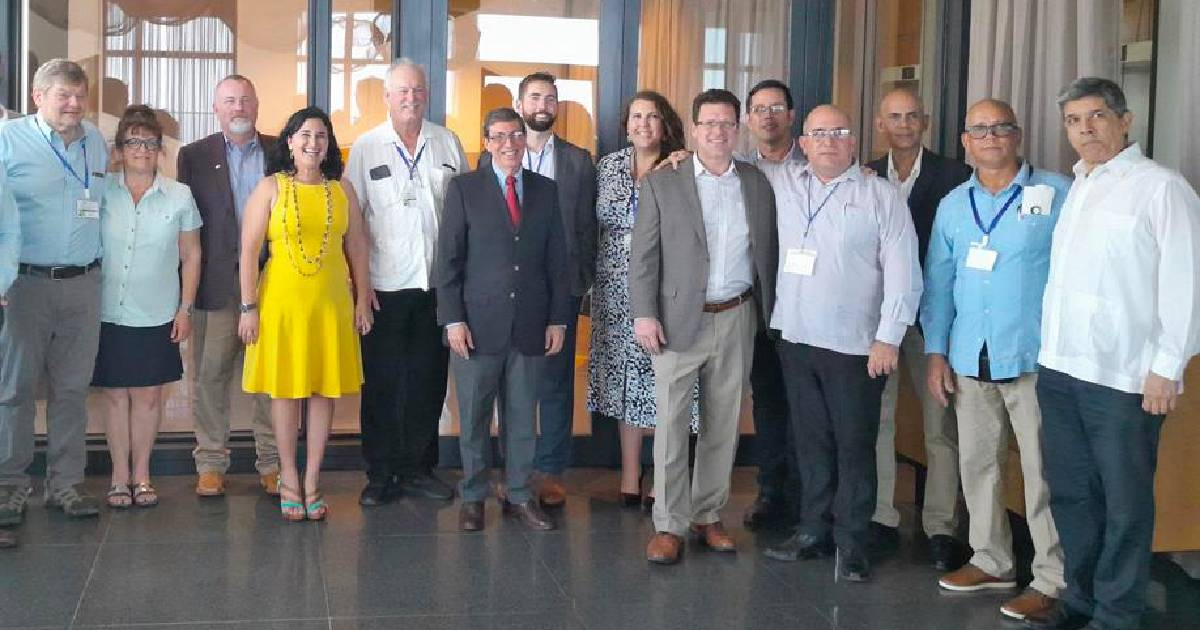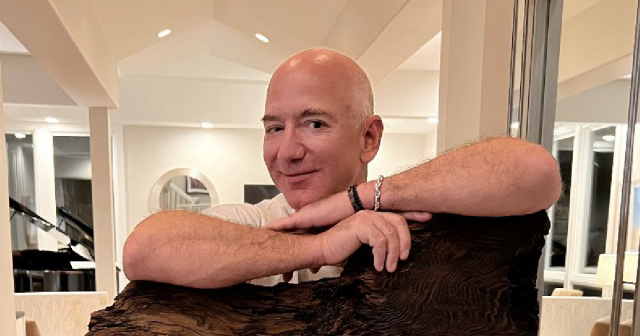
United States producers expressed their interest in starting the export of rice aimed at the private sector in Cuba, and recalled that the country can buy food from American companies as long as it pays in cash.
The vice president of Policy and Government Affairs of USA Rice, Peter Bachmann, traveled to Cuba at the head of a delegation to participate in the bilateral Agricultural Business Conference, during which he met with Cuban importers, including Imported, the main purchasing agency of the regime, the association reported in a statement.
They also held meetings with members of the private sector and with those responsible for mixed and private cooperatives.
"What many people do not know is that, despite the embargo being in force, there are regulatory pathways that allow US exports to Cuba as long as buyers make full payment in advance without any US financing," Bachmann explained.
Cuba's purchases of food and agricultural products from United States companies added $328.5 million dollars during 2022, which marked the largest increase in commercial operations between both countries in the last decade, according to official figures.
But more than 85 percent, about $295 million, of sales were in frozen chicken meat in its different forms, while the rest of the products included a limited portion of rice.
"Right now, Cuba buys most of its Vietnam rice with a little coming from South America," said Bachman, who recalled that before the embargo Cuba was the largest export market for American rice.
"With competitive prices and given our logistical advantage, there is a possibility that limited sales and specific ones from the US in the near future as a way to slowly return to the market," commented the businessman.
But he did not mention that Cuba lacks liquidity to pay in cash, which is why in recent months general purchases have fallen by 17.5%, including chicken purchases.
During the so-called thaw between Cuba and the United States promoted by President Barack Obama, Washington facilitated American travel, investment and trade.
However, the Trump Administration reversed almost all of these changes and included Cuba on the list of countries sponsored by state terrorism, which once again affected trade.
So far the Biden Administration has not made significant changes in policy towards Cuba.
Since last year, Cubans have suffered a serious food crisis marked by the shortage of rice, which raised its price to such an extent that the regime had to confront them in several provinces.
What do you think?
SEE COMMENTS (15)Filed in:






